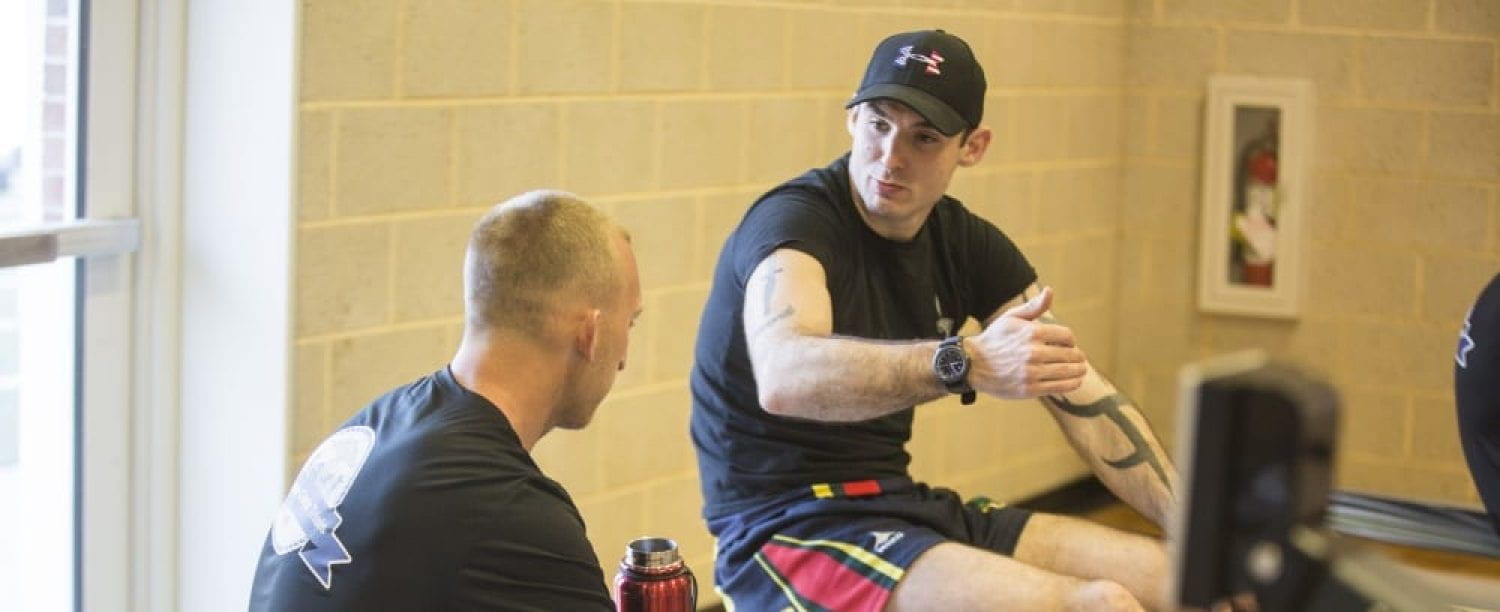What is Concussion
Concussion is a type of mild brain injury from impact from the brain to the scull. The brain is in the scull surrounded by Cerebrospinal fluid, which cushions the brain, allows it to move within the scull and helps to protect billions of nerve cells (neurons) which connects to one another by extensions known as Axons. When someone hits their head, their brain can hit against the scull which can damage the brain cells and send shock waves through the brain that have the potential to tear the Axons this is called Diffuse axonal injury/ Axon shearing, thus reducing normal brain function by interrupting communication between the neurons. The damaged Axons start to degenerate and produce toxins that can destroy other neurons (Nasrallah, 2019).
The symptoms of Concussion:
- Sensitivity to light and sound
- Headache
- Nausea
- Dizziness
- Poor muscle coordination
- Light sensitivity
- Ringing of the ears
- Slurred speech
- Loss of consciousness
Mental/ emotional symptoms include:
- Disorientation
- Confusion
- Memory loss
- Inability to focus and concentrate
- Irritability
- Depression
You should seek emergency medical attention if experiencing the following symptoms:
- Vomiting
- Headache that does not go away
- Slurred speech
- Loss of consciousness
Treatment for mild concussion:
- Rest
- Close monitoring of symptoms
- Acetaminophen/ibuprofen
- Only take drugs directed by a doctor (“Concussion – Symptoms and causes”, 2019).
To test for concussion, the Sport Concussion Assessment Form 5 (SCAT5) Symptom Evaluation should be used rather than SCAT3 as a screening tool for identifying concussion in sport in otherwise healthy adults (Asken, Houck, Bauer & Clugston, 2019). SCAT5 was designed by health care professionals and physicians and is used to test people participating in sport over the age of thirteen. For children aged under thirteen the Childs SCAT test is to be performed (“Ionic App”, 2019). The SCAT5 is simple to use and it only requires minimum equipment of just a timer (“Ionic App”, 2019). Any athlete who is suspected to have concussion should be removed from the field immediately, they could have a blood clot on the brain and therefore it is import not to allow the athlete to come to any further injury and the appropriate assessments need to be performed (“When can I go back to playing sports after a concussion? | Head Injuries”, 2019).
An athlete should start the return back to sport or training when the symptoms have completely gone and he/she is back to their original base line scores and even the return should be closely monitored If any symptoms come back then the athlete should go back to the post injury activity level. The athlete is required to avoid situations where they are at potential danger of bumping their head which could worsen or prolong the concussion (“When can I go back to playing sports after a concussion? | Head Injuries”, 2019). An athlete who has obtained a concussion must have rested for two weeks and then use the Graduated Return to Play (GRTP) protocol (Marjon Sport Rehabilitation — WordPress”, 2019). (“Consensus Statement on Concussion in Sport, 3rd International Conference on Concussion in Sport, Held in Zurich, November 2008: Erratum”, 2010) explains that it is important to perform a preseason concussion test to identify the risk to an athlete and used to compare the scores after a possible concussion.
References
Concussion – Symptoms and causes. (2019). Retrieved from https://www.mayoclinic.org/diseases-conditions/concussion/symptoms-causes/syc-20355594
Consensus Statement on Concussion in Sport, 3rd International Conference on Concussion in Sport, Held in Zurich, November 2008: Erratum. (2010). Clinical Journal Of Sport Medicine, 20(4), 332. doi: 10.1097/jsm.0b013e3181e92350
Ionic App. (2019). Retrieved 9 August 2019, from http://scat5.cattonline.com/
Log In ‹ Marjon Sport Rehabilitation — WordPress. (2019). Retrieved 9 August 2019, from http://sites.marjon.ac.uk/sportrehab/pitchside-management/concussion/
When can I go back to playing sports after a concussion? | Head Injuries. (2019). Retrieved 9 August 2019, from https://www.sharecare.com/health/head-injury/when-playing-sports-after-concussion
